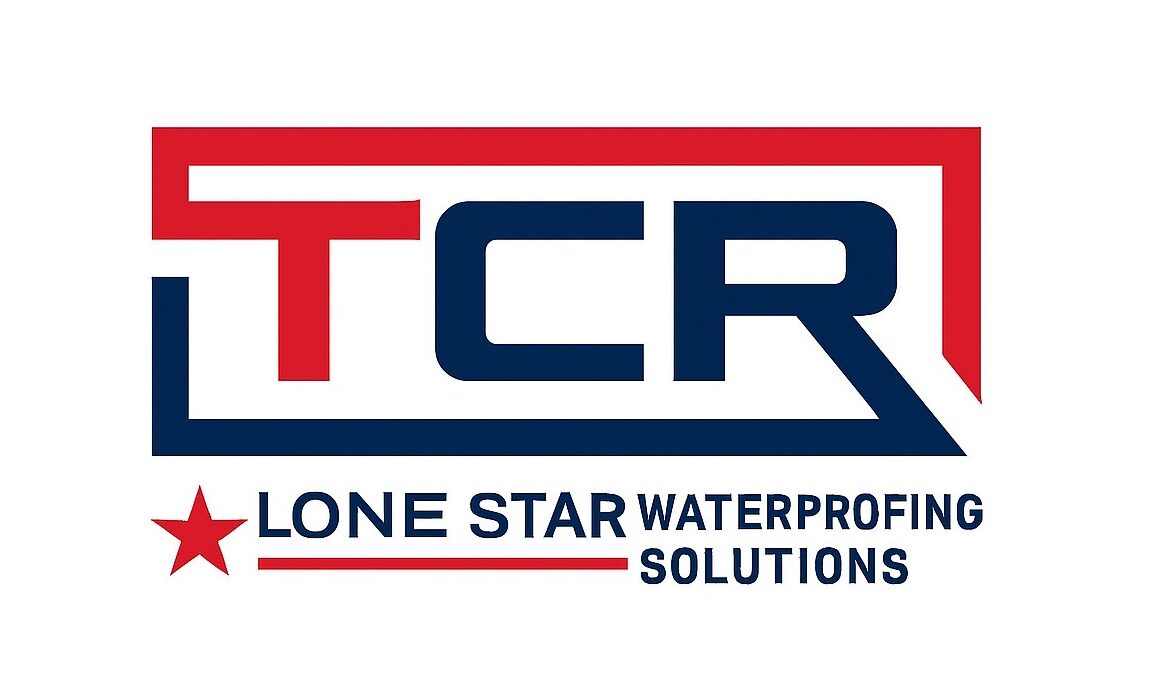The Ultimate Roof Inspection Checklist for Commercial Properties in Texas 🏢
Whether you manage a retail center in Houston, an industrial warehouse in Dallas, or a corporate office in Austin, one fact remains the same: a neglected roof will cost you—in repairs, energy loss, business disruption, and even liability.
In a state like Texas—where heat, hail, high winds, and flash floods are part of the climate—routine commercial roof inspections are your first and best line of defense.
Here’s your Texas-specific roof inspection checklist, designed to help you stay ahead of costly damage and keep your facility safe, efficient, and compliant.
🔍 Exterior Roof Inspection: What to Check
✔️ Roof Surface or Membrane
-
Look for cracks, splits, punctures, or bubbling in membrane systems (TPO, PVC, modified bitumen).
-
For metal roofs, inspect for corrosion, seam separation, and degraded coatings.
-
Flat roofs? Watch for ponding water—it’s often a sign of blocked drainage or structural sag.
-
Note fading, chalking, or UV damage—common in the Texas sun and a key sign the roof may benefit from a new roof coating system.
✔️ Flashings, Sealants & Edge Details
-
Examine metal flashings around parapets, HVAC curbs, skylights, and vents.
-
Check sealants and joints for cracking, shrinkage, or gaps—major entry points for water.
-
Pay special attention to areas exposed to hail or high winds.
✔️ Gutters, Drains & Scuppers
-
Remove leaves, sediment, or roofing granules that can block drainage.
-
Check for sagging gutters, disconnected downspouts, or corrosion.
-
Test for proper flow—especially important after Texas thunderstorms.
✔️ Roof Penetrations (HVAC, Pipes, Vents)
-
Ensure all penetrations are securely mounted and flashings are watertight.
-
Flashing boots and collars should be crack-free and snug.
-
Loose or shifting equipment can compromise the roof membrane during storms.
✔️ Wall Flashing & Terminations
-
Inspect how the roof meets parapet walls, expansion joints, or rooftop structures.
-
Ensure waterproofing extends up and around transitions without gaps or lifting.
🏢 Interior Roof & Building Inspections
✔️ Ceiling & Upper Floor Signs
-
Water stains, bubbling paint, or sagging ceiling tiles = red flags.
-
Musty odors? Mold growth could indicate a long-term leak.
✔️ Attic Spaces or Roof Voids
-
Look for light shining through the deck—indicates punctures or poor sealing.
-
Inspect insulation for moisture, mildew, or flattening.
-
Check that intake and exhaust ventilation is balanced to prevent condensation.
✔️ Structure & Supports
-
Wood joists or steel framing should be free from warping, rot, or rust.
-
Any signs of sagging or soft decking may suggest compromised structural integrity.
⚠️ Safety First: Roof Inspections in Texas Heat & Storm Season
Inspections should always be carried out with safety in mind:
-
Only trained personnel should access the roof.
-
Use fall protection systems—especially on flat roofs without edge barriers.
-
Avoid inspections during high wind, thunderstorms, or extreme heat.
-
Wear PPE: safety boots, hard hats, gloves, and eye protection.
-
Conduct pre-inspection risk assessments in line with OSHA standards.
📅 When Should Commercial Roof Inspections Be Done?
Bi-Annual Inspections
Spring and fall are ideal—after storm season and before peak heat or cold.
Post-Weather Events
After hail, hurricanes, flash floods, or extended freeze-thaw cycles.
Before Major Changes
Planning new HVAC installs or solar panels? Inspect before and after the project.
Before Selling or Leasing
Document your roof’s condition to support due diligence and negotiations.
🧾 Roof Inspection Reporting & Documentation
Thorough documentation makes inspections more useful—and legally defensible. Always:
-
Maintain digital records of inspection dates and findings.
-
Include photos with GPS/time stamps—crucial for insurance claims or warranty issues.
-
Track repair history and contractor activity by building zone.
We can provide inspection reports formatted for insurance, warranty validation, and property management files.
🔧 Why Texas Businesses Trust Total Cladding and Roofing
At Total Cladding and Roofing Texas, we specialize in inspecting, coating, and maintaining commercial roofing systems across the state.
✔ Experts in flat roofs, metal roofs, and restoration coating systems
✔ Thermal imaging and drone-assisted inspections available
✔ Serving Houston, Dallas–Fort Worth, Austin, San Antonio, and beyond
✔ Fast, OSHA-compliant service with photo-based reporting
✔ Inspection packages available as one-offs or as part of a coating maintenance plan
If your roof is showing signs of wear—or if it’s simply time for your semi-annual check—we’ll help you stay ahead of trouble.
📞 Schedule Your Commercial Roof Inspection Today
Texas weather is rough on commercial roofs. Regular inspections keep your building safe, extend your roof’s life, and help you avoid costly surprises.
Contact Total Cladding and Roofing Texas today to book a comprehensive inspection or discuss a maintenance program that fits your facility.
To upload drawings, specs and plans please go to the form on our contact page.
Get in Touch